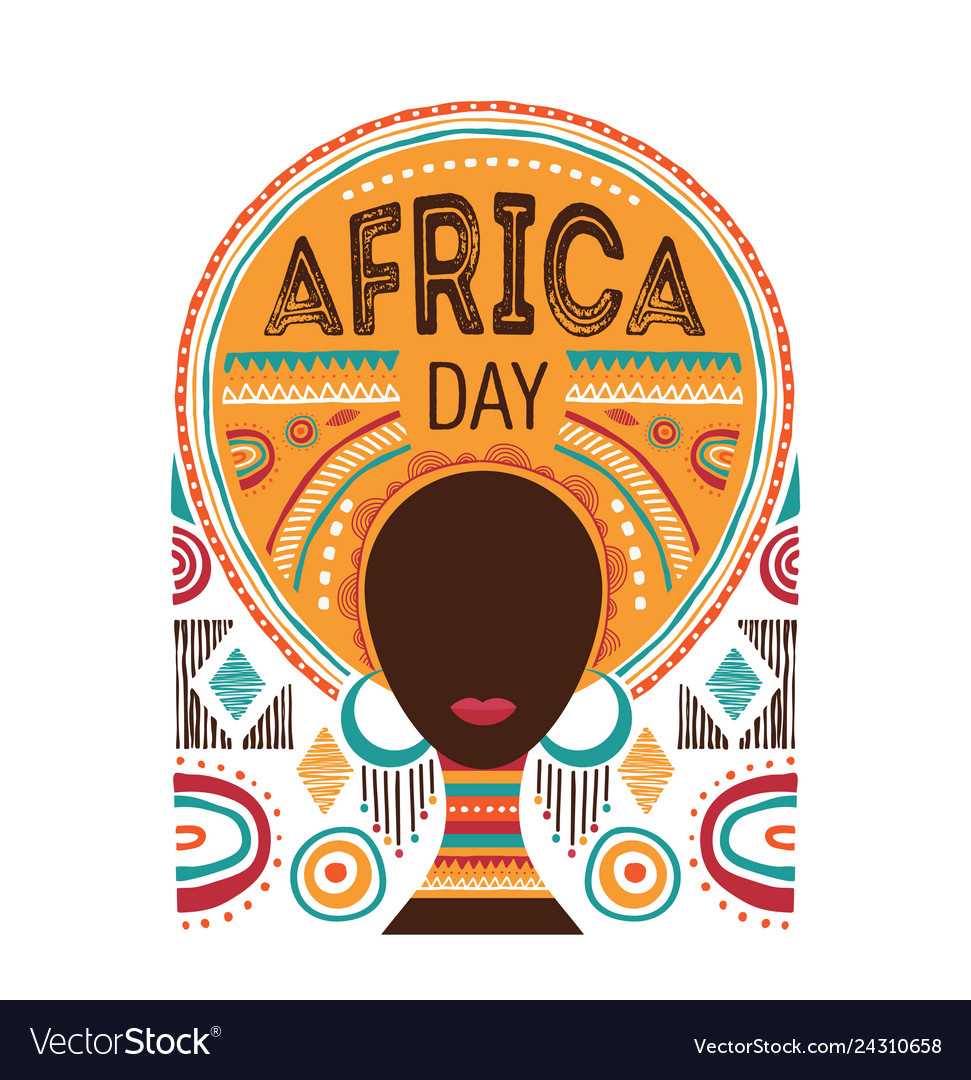Likhapha Ntlo-Ea-Lefu
Sixty-one years ago on May 25, 1963, what was then named the Frontline States super headed by Kwame Nkrumah convened in Addis Ababa, Ethiopia, and constructed the Organisation of African Unity (OAU) and today in some African states, this day is marked with a holiday as it means Africa Day to them.
These states were newly independent, however, the conference also included representatives from African states that were still colonised. The mind of the founders of OAU was set on having this organisation devastate colonisers and free the rest of African states from colonialism in its varying figures.
Of course, by 1992 when OAU transformed into the African Union (AU), almost all African states were liberated from English, French, German, Portuguese, and Spanish colonial masters. And AU did not shift much from the initial objectives of its predecessors.
In fact, it adopted some of them such as fostering unity and solidarity between African people as well as the countries. Again, now that colonialism was almost wrecked, AU aspired to focus on the political and socio-economic integration of the African continent.
In terms of achieving its objectives, AU has barely scratched the surface. Regardless of the launch of the African Continental Free Trade Area (AfCFTA) structure within the organisation, African states are much devoted to continuing the exploitative trade relations with their former colonial masters.
They are committed to persist in being raw material exporters to world superpowers and stay on being aid recipients. Few are determined to downgrade the foreign aid they collect. In Dr. Dambisa Moyo’s words from her book Dead Aid, “aid has been, and continues to be, an unmitigated political, economic, and humanitarian disaster for most parts of the developing world.’’ It is “the disease of which it pretends to be the cure.”
Despite this warning, foreign aid unashamedly continues to flow to most African states.
Furthermore, the unity of peoples of Africa and states from Cape to Cairo, Morocco to Madagascar is still a castle in the sky. Africa reeks of xenophobia. Often South Africa is in the spotlight for the violent xenophobic attacks as well as Morocco which are more verbal. However, as a matter of fact, the rest of Africa is just as xenophobic as they are.
Each country makes decisions not in consideration for the entire continent. It is every man for himself kind of situation. Collectively through AU and independently, African states have not concerted enough energy and efforts to end the incessant war in the Democratic Republic of Congo (DRC) and Sudan. Zimbabwe has been malfunctioning for decades and no one cares enough about the perilous conditions in this state.
As I reflect on Africa Day 30 years later post OAU, my heart sinks. It bleeds. It is filled with fury and grief. Africa is suffering. It is majorly politically and socio-economically on the brink of ruin. The prime impediment to Africa’s progress and AU is fools for leaders we elevate to the echelons of power.
Few African leaders have created politically and socio-economically stable environments for their countries and remarkably changed their citizens’ lives for the better. Again, African leaders have hindered AU in accomplishing more practical results on the ground. They carry on protecting each other’s mischievous deeds and ensure AU does not have front teeth to bite them.
The skyrocketing corruption has also stifled Africa’s growth and development despite resource abundance at its exposure. Africa is sufficiently resourced. It lacks nothing, human or natural resources. It has talent and skills that receive recognition in other parts of the world and not in their home continent. There is absolutely no reason that Africa has not found solutions to the contemporary problem of unemployment.
Today, the people of Africa grab the opportunity of being scattered all over the world in search of job opportunities. It used to be associated with Zimbabweans but no more. Given a chance, we all want to leave and find countries that can allow us to breathe.
I wonder how long will it take for Africa to rise. When will Africa rise? When will poverty, violence, darkness, disease, and corruption no longer describe the African continent during the talks? What will it take for Africa to rise?
A wise Che Guevara once opined: “I am not a liberator. Liberators do not exist. The people liberate themselves.” Peoples of Africa, we once did it. We liberated ourselves. We fought what appeared impossible through unity and solidarity. We can do it again. What’s stopping us? And maybe what Africa needs to heal and rise is madness, the madness of its youth.




